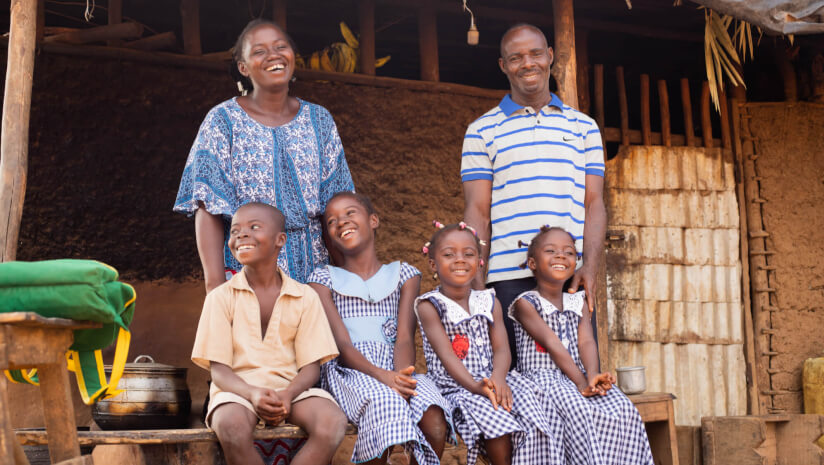
Nestlé has announced its results for the first half of 2024, highlighting its revenue acceleration program.
Nestlé's cocoa programme, in its first 18 months of operation, has seen yields increase by almost a third (32%), largely due to the adoption of sustainable farming practices such as pruning.
Think beyond price
Nestlé spokesperson says they made a conscious decision with their program to focus not only on price but also on direct financial incentives.
The Nestlé Cocoa Plan served as the basis for the creation of its Income Accelerator Program. The program aims to close the income gap for cocoa farmers and reduce child labor. It has supported more than 10,000 families so far in Côte d’Ivoire and plans to expand to Ghana this year.
The plan encourages cocoa producers to adopt positive behaviors in four key areas: schooling, good agricultural practices and activities such as agroforestry, and income diversification.
Size increases productivity
Nestlé encourages farmers, from a practical point of view, to regularly prune diseased and damaged branches of cocoa trees. Cocoa trees have a lifespan of 25 years. Starting from the year they are planted, annual pruning is beneficial for the productivity of cocoa trees and reduces crop losses and diseases.
Nestlé has a successful agricultural strategy that includes shade trees and fruit trees. This helps improve the resilience of cocoa cultivation.
Nestlé spokesperson: “We believe that encouraging practices and behavioral changes at the farm and household levels will lead to long-term resilience.”
Nestlé, in addition to its efforts to reward producers for practices that benefit the local community and the environment, pays cocoa producers a premium for certified cocoa.
Increased income and production
Recent reports from the Institute KITThe program has been shown to help farmers improve cocoa production and net income. The study results show that overall, net income in the income accelerator communities increased by 38,%. This led to an increase in the number of households earning a living wage, from 10,% to 20,%.
A Nestlé spokesperson explains the details of the program. “The cash incentives are decoupled from the amount of cocoa production and proportionally more beneficial to smallholders,” he says.
This unique and innovative program allows money to go directly to farmers through mobile payments. The money can then be shared between spouses and farmers. Nestlé spokesperson says this program recognizes the important role played by women in cocoa farming families and improves gender equality.
Nestlé supports the Cocoa Initiative Côte d’Ivoire Ghana through its Income Acceleration Programme (IAP). This initiative aims to find long-term solutions for cocoa farmers to help them achieve and maintain a sustainable living income.
The 2025 objectives
Nestlé wants its Revenue Accelerator Program to have greater impact and reach next year. The program’s goal is to reach at least 160,000 cocoa farming families within Nestlé’s cocoa supply chains by 2030.
Nestlé spokesperson: “Our commitment is also reflected in our broader sustainability goals, such as the goal of sourcing 100% of cocoa through the Nestlé Cocoa Plan by 2025.” The company’s Cocoa Plan includes Rainforest Alliance certified mass balances and/or Nestlé Cocoa Plan verified mass balances.
The company aims to boost its organic growth.
Nestlé's organic growth is better than expected as we approach mid-2024. Nestlé's organic sales growth reached 2.1 Q3, despite a decline of 2.7 Q3 in the first half of 2023.
Nestlé reported that confectionery sales grew at an impressive single-digit rate, and KitKat, as the global leader, was the driving force behind this growth, alongside local brands. Nestlé launched its first KitKat bar in 2024, made with cocoa produced by fast-track farming families.
Nestlé also attributes its success to the industry's rebound and innovations that meet consumer needs and help grow its iconic brands. Nestlé CEO Mark Schneider says "positive real growth across the company is back."
Nestlé Health Sciences, as well as its innovations, were able to continue their recovery. This, combined with the price reduction, is a response to the increase in raw material costs. Schneider explains that "prices have fallen faster than expected". Organic sales growth in 2024 will now be at least 3 %.
